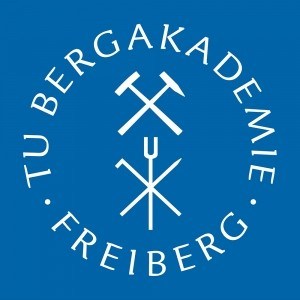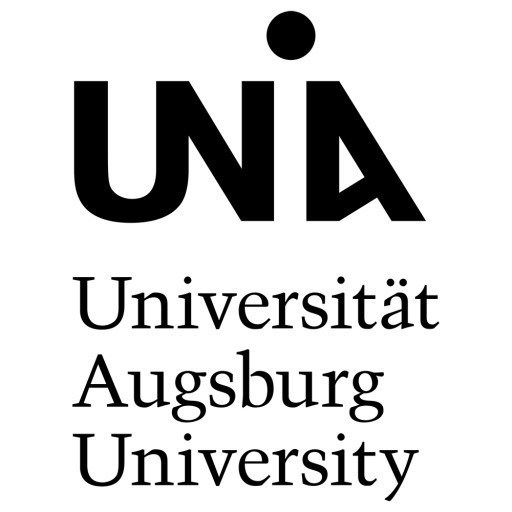Photos of university / #imperialcollege
The MSc in Theory and Simulation of Materials at Imperial College London is a comprehensive and innovative programme designed to equip students with advanced knowledge and practical skills in the field of computational materials science. This course integrates principles from physics, chemistry, and materials engineering, focusing on the development and application of theoretical models and simulation techniques to understand and predict the properties and behavior of a wide range of materials. Students will explore areas such as electronic structure calculations, molecular dynamics, Monte Carlo simulations, and phase transformations, gaining hands-on experience through practical labs and computational projects. The programme emphasizes a strong foundation in the underlying science, combined with proficiency in state-of-the-art software tools and programming languages used in research and industry. Students will have the opportunity to work on cutting-edge research topics, collaborating with leading experts in the field. The curriculum includes core modules in quantum mechanics, statistical mechanics, materials modelling, and computational techniques, alongside optional modules tailored to individual interests, such as nanomaterials, biomaterials, or energy materials. The programme is designed to prepare graduates for careers in academia, research institutions, and the high-tech industry, where expertise in the theory and simulation of materials is increasingly vital for innovation and development. With access to Imperial's world-class laboratories and computational facilities, students will develop problem-solving skills and a deep understanding of material phenomena at the atomic and molecular levels. Graduates will be well-positioned to contribute to advancements in material design, sustainable technologies, and advanced manufacturing processes. Overall, the MSc in Theory and Simulation of Materials offers a rigorous, research-led education that combines theoretical depth with practical experience, making it an excellent choice for students aiming to become leaders in the field of materials science and engineering.
The MSc draws upon the unique breadth and depth of the expertise at Imperial, which involves six departments across the Faculties of Natural Sciences and Engineering. You will be able to participate fully in the exciting research seminars and workshops of the Thomas Young Centre, the London Centre for Theory and Simulation of Materials.
The teaching of the MSc comprises six core and two optional modules, after which there is a three-month research project.
The teaching involves a mix of lectures, directed reading, problem classes, computational exercises and seminars.
Assessment of the taught courses is by a combination of coursework and written examinations, and the research project is assessed through an oral presentation and a thesis.
MODULES
Core modules
- Mathematics for theory of materials and computational methods
- Equilibrium in materials
- Transformations of materials
- Electronic structure of materials
- Classical field theory of materials
- Methods of simulating materials from electrons to finite elements
Optional modules*
- Methods of characterising materials
- Advanced continuum theories of microstructural evolution
- Polymers and soft condensed matter physics
- Advanced continuum field theory of defects
- Strengthening mechanisms and fracture
- Advanced electronic structure of materials and metamaterials
- Continuum theory of static and dynamic plasticity
- Advanced techniques of materials simulation
* Not all these options will be offered each year and alternatives may be offered in their place.
We welcome applications from suitably qualified, self-funded students for the 12-month MSc.
The normal entrance requirement for the MSc is a first class honours degree, or equivalent overseas qualification, in physical sciences or engineering.
Funding for the MSc in Theory and Simulation of Materials at Imperial College London is available through a variety of sources, including scholarships, bursaries, and student loans. Prospective students are encouraged to explore internal scholarships such as Imperial College scholarships, which are awarded based on academic merit, and other specific bursaries aimed at international or domestic students. The UK government student loan scheme provides options for eligible UK students to finance their studies, offering repayment plans based on income levels after graduation. International students may seek external funding from government-sponsored awards, industry sponsorships, or research council grants that support research degrees and certain master's programs. Additionally, the university collaborates with industry partners and research organizations to provide internship opportunities and funded projects that can offset the cost of tuition and living expenses. Applicants are advised to check the official Imperial College London postgraduate funding webpage for detailed information on available scholarships, eligibility criteria, application procedures, and deadlines. Financial planning for postgraduate study should also consider living costs in London, which include accommodation, transportation, study materials, and daily expenses. The college offers some guidance and resources for budgeting and financial support, and students are encouraged to contact the college's financial aid office for personalized assistance. Moreover, students are advised to explore external funding sources such as government grants, private foundations, and international scholarship programs relevant to their country of origin or field of study. Overall, students have access to diverse financial aid options designed to support their academic ambitions in the Theory and Simulation of Materials program at Imperial College London, enabling talented individuals to pursue advanced education without undue financial burden.
Tuition fees (2015–2016):
- Home/EU Full-time — £11,500
- Overseas Full-time — £28,000









